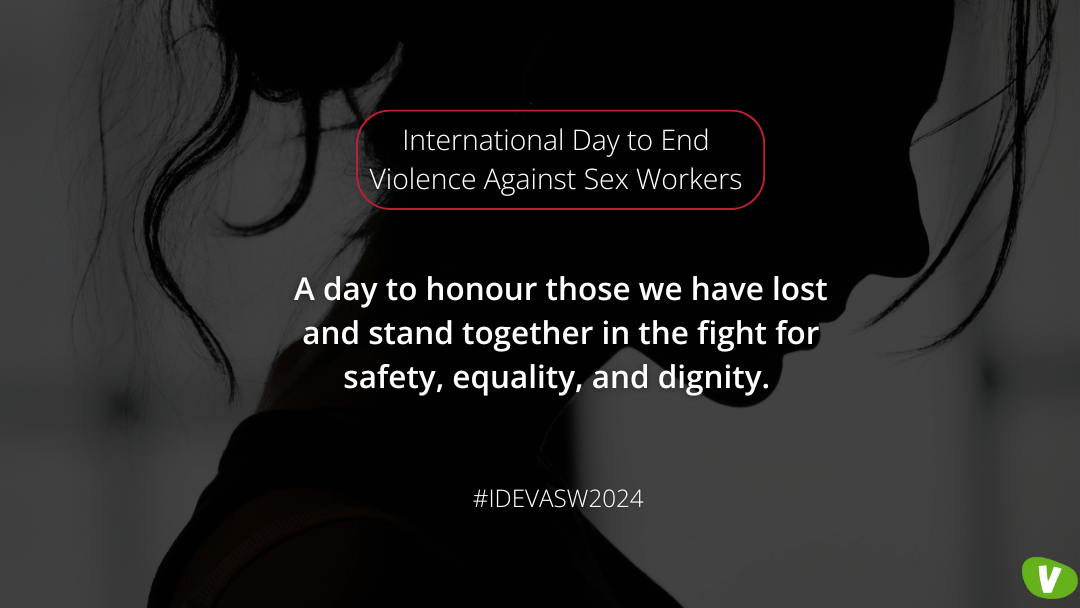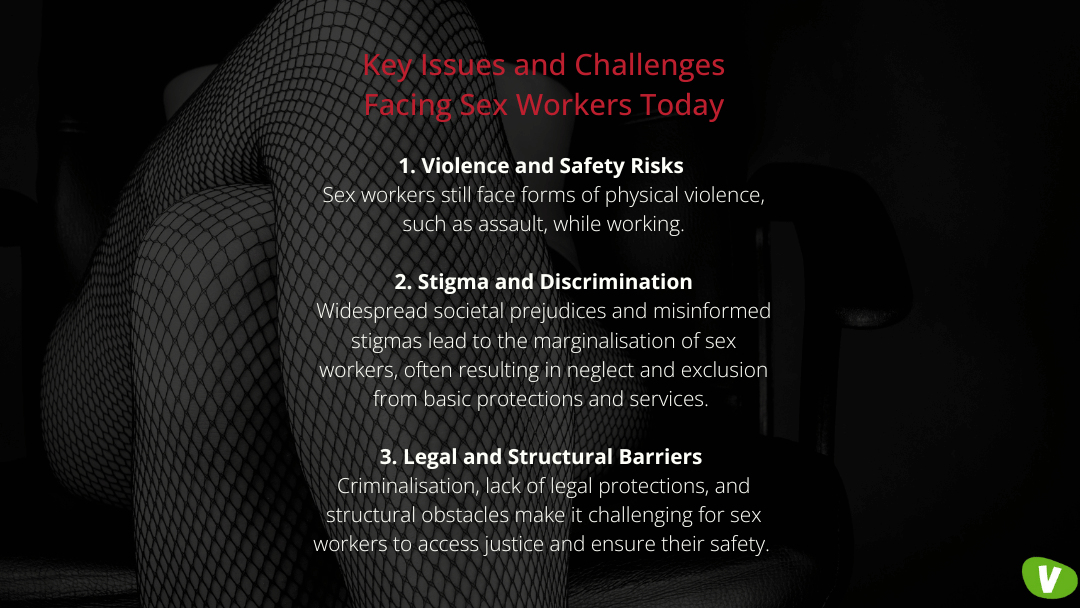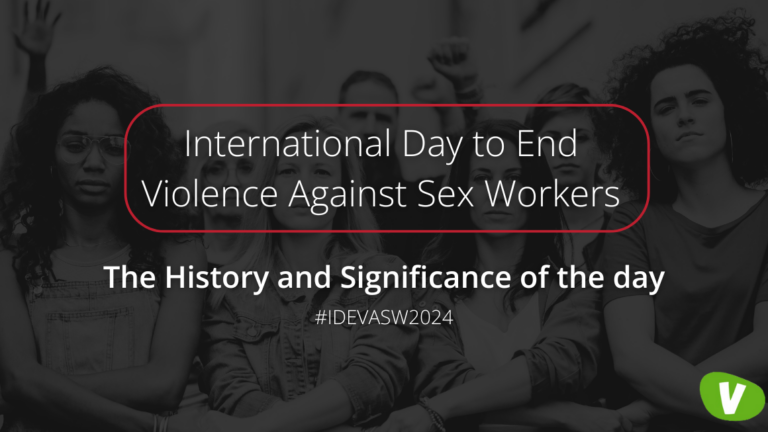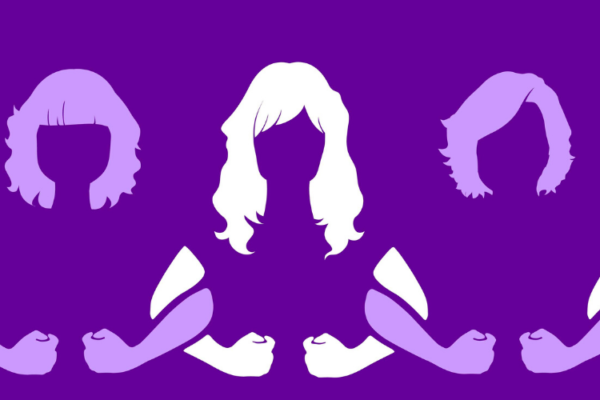International Day to End Violence Against Sex Workers (December 17th) is a day to honour the lives of sex workers lost to tragic violence, shed light on ongoing injustices, and look to the future to make a safer world.
In this article, we’re delving into the history and significance of this day. From its humble beginnings and why it matters to critical issues sex workers still face, you’ll find everything you need to know below.
The historical background of IDEVASW
International Day to End Violence Against Sex Workers (or IDEVASW for short) was established in 2003 by Dr. Annie Sprinkle and the Sex Worker Outreach Project (SWOP) — an American sex workers rights organisation.
The day was created after the tragic events of the Green River Killer case in the United States, in which over 40 women were murdered over two decades. This horrific case brought the extreme dangers and prejudices sex workers face to the mainstream while also highlighting the neglect and lack of justice for crimes committed against them.
Since its inception, the International Day to End Violence Against Sex Workers has gained significant global recognition, with observances spreading across countries worldwide.
Advocacy groups, human rights organisations, and even some governments now recognise December 17 as a vital day for honouring victims and raising awareness. It’s also an important day for the Vivastreet team.
This growing support has helped amplify conversations around sex workers’ rights and safety, encouraging policies that prioritise their well-being. The day continues to inspire a united commitment to ending violence and promoting dignity and protection for sex workers everywhere.
Why December 17 matters: The importance of the day
Taking time to stop and think on December 17 is essential for shedding light on the pervasive violence faced by sex workers—violence that often goes unreported or ignored due to societal stigma and indifference.
This day creates a meaningful platform to bring these injustices to light, drawing public attention and fostering greater compassion toward the affected individuals. By actively challenging harmful stereotypes and social stigma, IDEVASW encourages society to reflect on and overcome biases, promoting a more empathetic and inclusive understanding of sex workers.
The observance also plays a growing role in shaping policy, motivating governments and organisations to adopt legal protections and reforms that prioritise the safety and rights of sex workers.
Through powerful advocacy and outreach, the International Day to End Violence Against Sex Workers continues to inspire positive change, helping to build a future where sex workers are met with respect, recognition, and vital protections.
So, it’s critical to mark the day and interact with sex work-positive content. Don’t second-guess yourself. Share that Instagram infographic!

Key issues and challenges facing sex workers today
While IDEVASW outreach helps share sex workers’ stories and educate individuals on the challenges they face, there’s still a lot of ground to cover.
A common misconception is that with technology, sex workers today don’t face as much risk or violence. But this is simply not true.
Here’s an overview of the main issues and challenges faced by sex workers in 2024:
1. Violence and safety risks
Sex workers still face forms of physical violence, such as assault, while working. But the violence isn’t only physical.
Emotional and legal violence are also risks, which can come in the form of online harassment, emotional abuse, and criminalisation.
2. Stigma and discrimination
Widespread societal prejudices and misinformed stigmas lead to the marginalisation of sex workers, often resulting in neglect and exclusion from basic protections and services. This can be incredibly isolating, leading to mental health problems.
3. Legal and structural barriers
Criminalisation, lack of legal protections, and structural obstacles make it challenging for sex workers to access justice and ensure their safety, leaving them at greater risk for exploitation and abuse.
In the UK, sex work is legal, but there are still many laws and legislations that make life hard for those in the industry.
Read more about sex work and UK law here.
Impact of activism and grassroots movements on sex worker well-being
Grassroots movements are community-based initiatives driven by ordinary people, often at the local level, to address social, political, or environmental issues and advocate for change. They play a crucial role in advocating for sex workers’ rights and well-being, as the SWOP group did when creating IDEVASW.
These groups work tirelessly to support sex workers, raise awareness, and challenge harmful policies by advocating for legal reforms, healthcare access, and anti-stigma campaigns while amplifying their voices and ensuring their concerns are heard in public and policy discussions.
Other UK-based sex work organisations to note include the English Collective of Prostitutes, Beyond the Streets, and SWARM.
In addition to advocacy, sex workers and their allies have taken matters into their own hands by creating community-led safety initiatives.
These initiatives build support networks, create safe spaces, and provide resources that enhance sex workers’ safety and autonomy, offering peer support, education, and self-defence tools to help them navigate challenges with greater security.
Public perceptions of sex work activism
Activism has also gradually shifted public perception, fostering greater solidarity within sex work communities and with allies.
As awareness of sex workers’ struggles has grown, more people are recognizing the importance of standing up for their rights and ensuring their protection. This shift has been driven by the tireless efforts of activists who challenge stereotypes, reduce stigma, and advocate for inclusion.
Over time, their work has led to a growing acceptance of sex workers as individuals deserving of respect, safety, and legal protections, helping to build stronger, more compassionate communities.

Reflecting on progress and future goals for the movement
While it may feel like there’s still a lot to do, the International Day to End Violence Against Sex Workers has made impressive progress.
Ongoing advocacy and the observance of the day have led to greater awareness, improved safety measures, and some policy changes that protect sex workers’ rights. It’s critical to stop, appreciate how far we’ve come, and thank past and present activists for their dedication to the cause.
However, significant gaps remain, including the need for comprehensive decriminalisation, better support services, and more mental health resources for sex workers.
Allies can play a crucial role by taking part in the movement through:
- Advocating for policy reforms
- Amplifying sex workers’ voices
- Working to reduce stigma in daily life
- Consuming and sharing sex-positive and educational content
Your support can help create a safer, more inclusive environment where sex workers are respected, protected, and empowered.
It’s never too late to get started.
Learn how to get involved in sex work activism now.
The takeaway
The International Day to End Violence Against Sex Workers is a day of remembrance, advocacy, and hope for a future where sex workers are safe, respected, and protected.
Take time to support the movement by participating in observances, advocating for change, and educating others about the challenges sex workers face.
Or get started now by sharing this blog!





